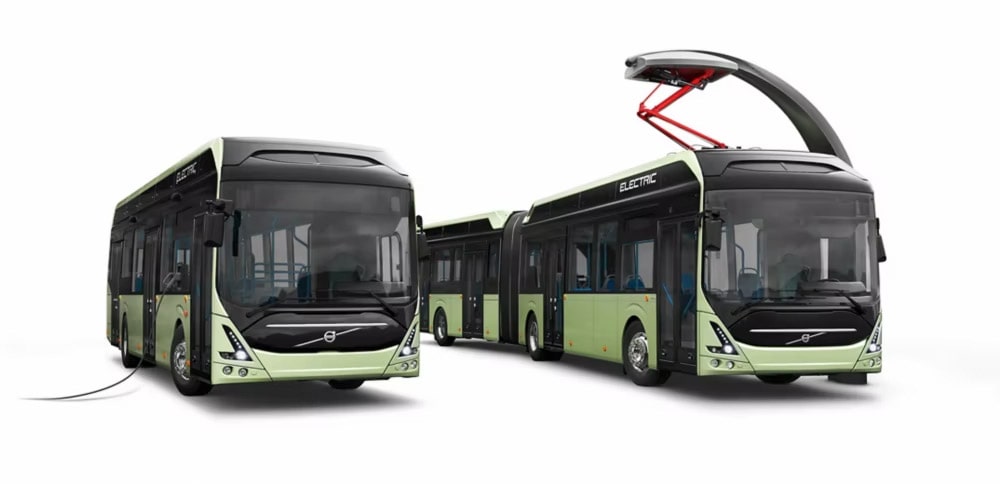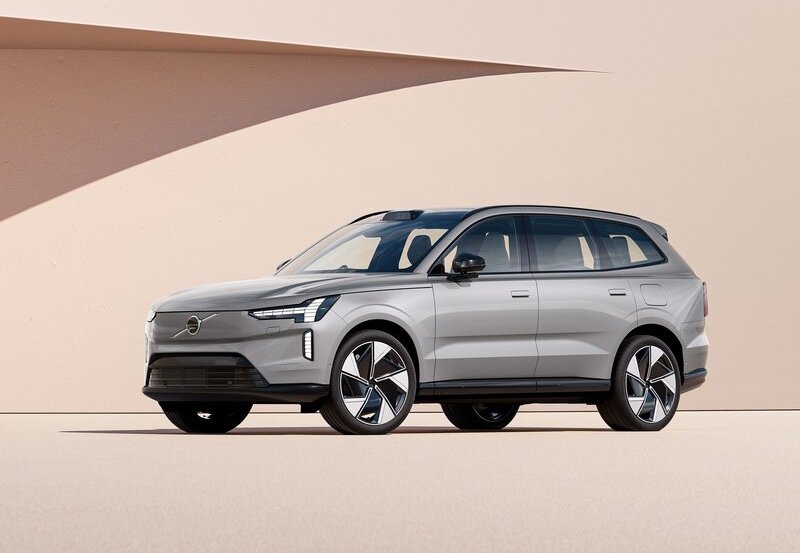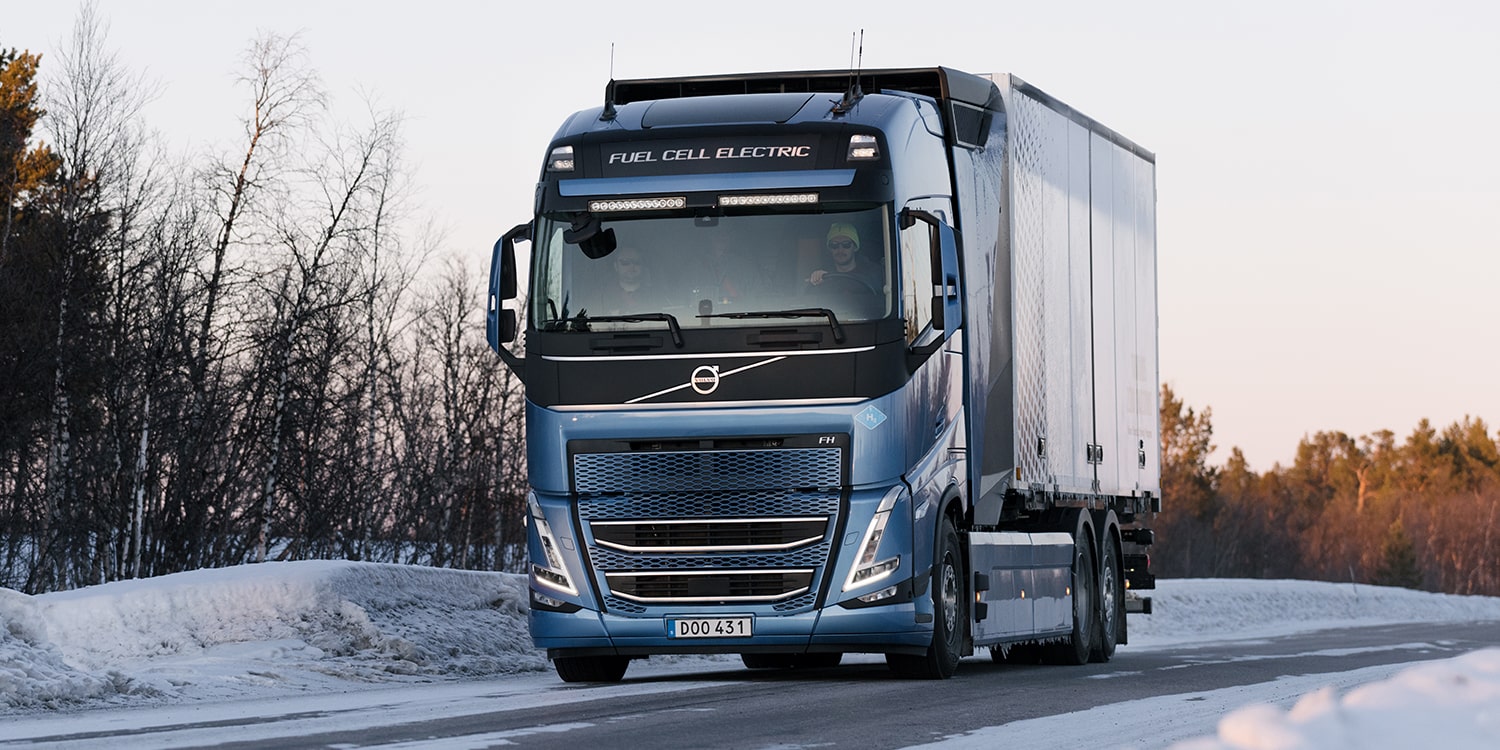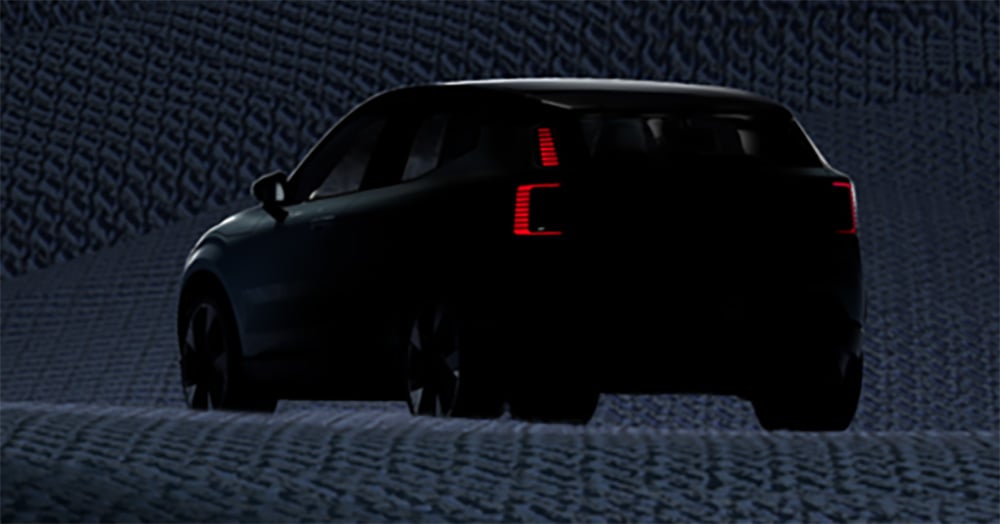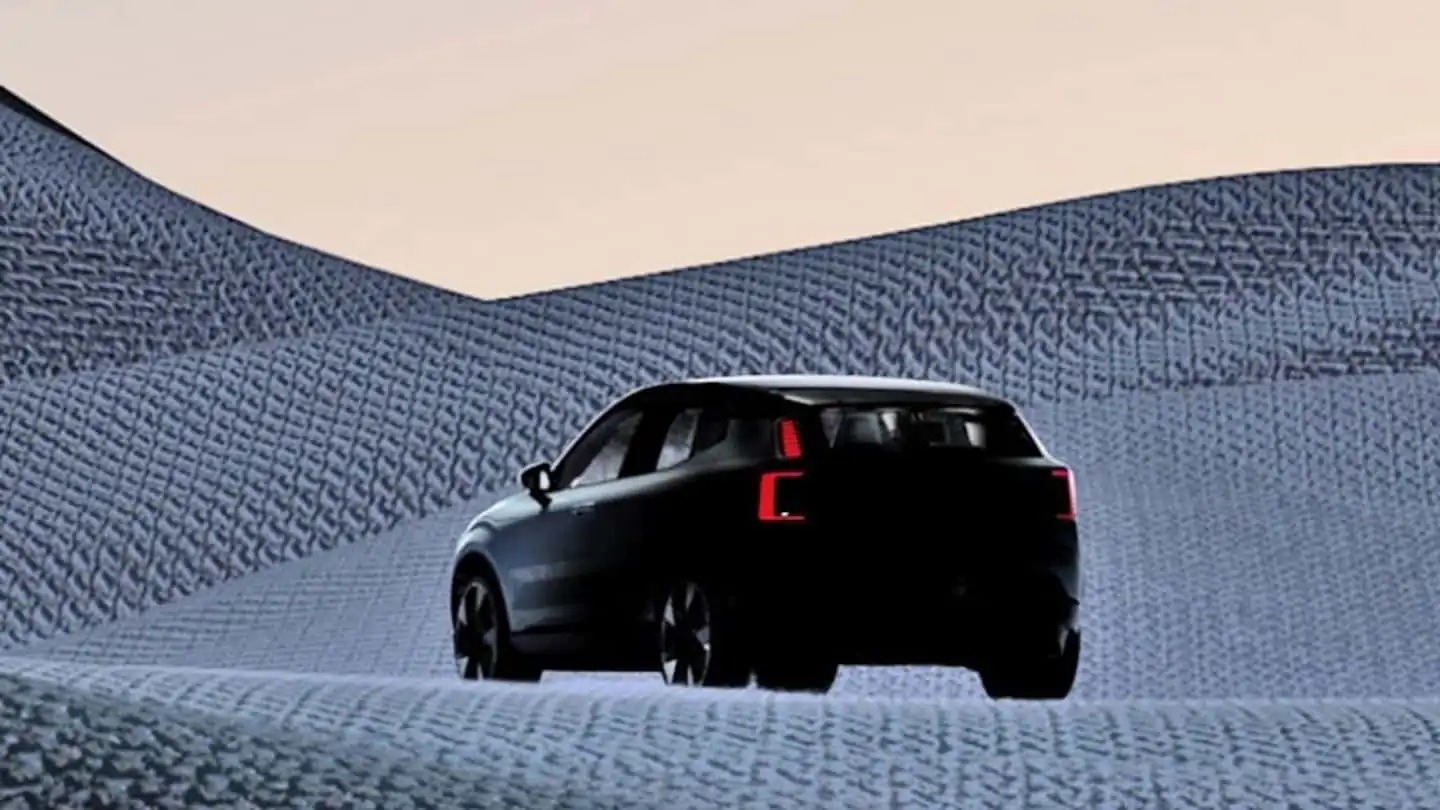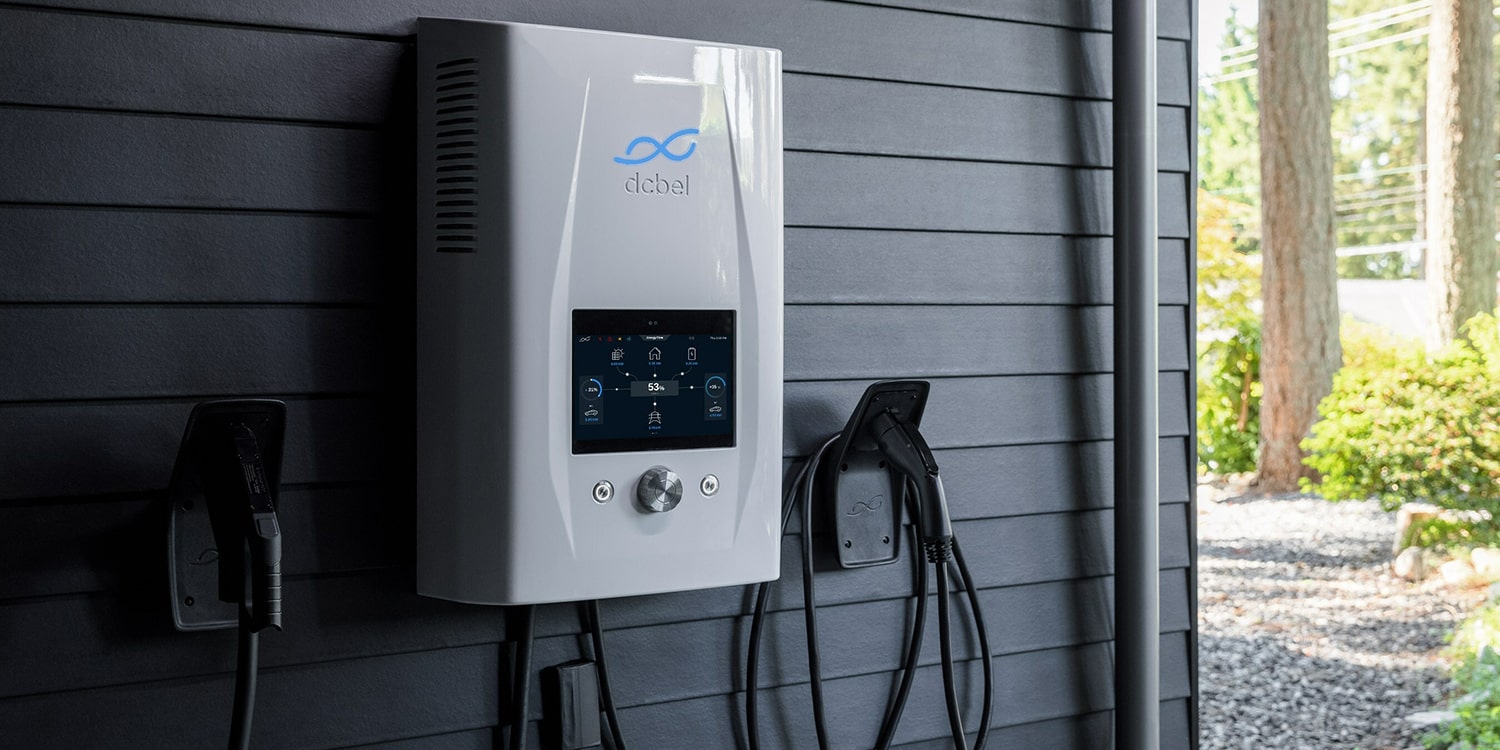Volvo Buses has signed a memorandum of understanding with Egypt’s Manufacturing Commercial Vehicles (MCV) to produce bodies for its electric buses in the city and intercity segments across European markets from next year. Under the agreement, MCV will manufacture bodies under license for the Volvo 7900 Electric and 7900 Electric Articulated city buses, scheduled for delivery to European customers in 2025. The companies also plan to jointly develop an electric intercity bus offering, with further details yet to be revealed.
See also: DHL orders 2,000 Ford electric vans for last-mile deliveries
Volvo Buses will retain the production of chassis and electric drives at its Swedish plants, but will close its plant in Poland, where the bodies for the chassis are currently manufactured, by Q1 2024. MCV, which has plants in Egypt, Singapore, and South Africa, was once a general agency of Daimler and has been producing vehicles under its brand name since 2006.
According to Dan Pettersson, Senior Vice President at Volvo Buses, MCV is “one of Volvo Buses’ most important partners,” with successful deliveries to UK customers. The partnership with MCV is non-exclusive, and Volvo Buses is exploring additional offers with other bodybuilders. Pettersson added that the external collaboration will give the company greater flexibility to meet market requirements and customer demands.
See also: CATL cooperates with VinFast on EV “skateboard” chassis development
Volvo Buses had previously announced plans not to manufacture complete buses in Europe, but its partnership with MCV signals the company’s commitment to expanding its electric bus offering in the region. With the European Union’s commitment to achieving carbon neutrality by 2050, there is a growing demand for electric buses as a sustainable public transportation solution. The partnership between Volvo Buses and MCV is poised to play a significant role in meeting this demand in the coming years.

